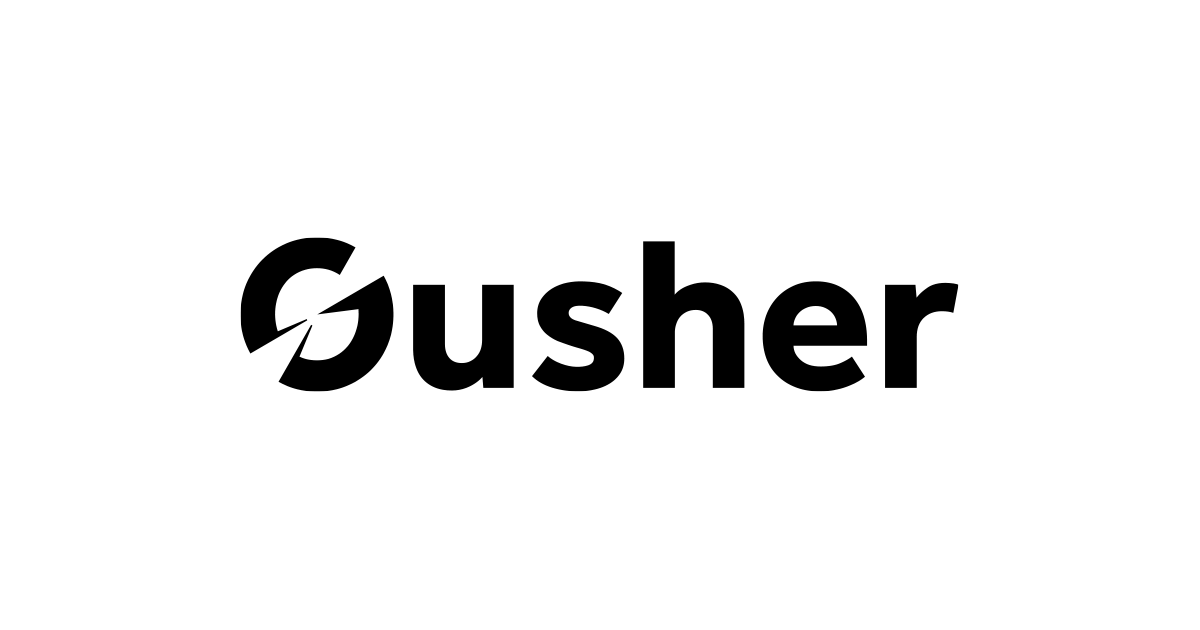Summary
Prism is a new mobile enabled platform to bring the benefits of biofeedback to the masses.
Existing biofeedback solutions are costly and time consuming. Prism seeks to reinvent this category by developing low cost hardware to allow anyone to obtain biofeedback on their mobile device.
Through simple games and exercises, customers will develop skills to better control their sympathetic nervous system response- resulting in better focus, relaxation, and stress reduction.
Problem
Biofeedback is a group of technologies which provide real-time feedback on the normally involuntary processes of the body (such as mental activity, heart rate, breathing, and body movements) to provide greater self-awareness and wellbeing.
The technology has been researched and prescribed for the treatment for a large variety of conditions, including: back pain, muscle pain, and migraines as well as psychological disorders such as anxiety, depression, addiction, attention deficit disorder, PTSD, OCD, autism, and others.*
Although biofeedback has been an area of cognitive neuroscience research since the 1970s, more than 50 years later, the technology remains largely inaccessible. The most sophisticated solutions can cost thousands of dollars and require frequent visits to treatment centers.
More recently, several consumer grade biofeedback have become available on the market - such as Muse, Mendi, Melomind, and NeuroPlus. However, these options can cost over $300, require monthly subscriptions, or both.
Additionally most consumers are unfamiliar with biofeedback. The lack of familiarity with the technology combined with the high cost of entry remain two sticking points which prevent this technology from going mainstream.
With Prism, we aspire to target the mass consumer market by offering a device at an affordable price point using off-the-shelf technology.
Problem / Market
The market for mental health technologies is massive. Anxiety is particularly prevalent, impacting roughly 40 million Americans annually (or 18.1% of the population). [1] According to research from Harvard Medical School, more than 31% of people will experience an anxiety disorder at some point in their lives. [2]
However, existing standard of care options (such as counselors, therapists, and doctors) are expensive, time consuming and not scalable.
This might explain why only 36.9% of those suffering from anxiety receive treatment. [1]
Other treatment alternatives include pharmaceuticals (which can often be habit forming) or meditation (which requires discipline, consistency, and patience).
However, anxiety is just the start. As mentioned earlier, biofeedback technology can be applied to a broad variety of conditions, and ultimately serve as a launch point for a much larger mission.
At Prism, we're looking to re-imagine the availability of products which can change people's lives for the better.
[1] https://adaa.org/about-adaa/press-room/facts-statistics#:~:text=Anxiety%20disorders%20are%20the%20most,of%20the%20population%20every%20year.
[2] https://www.hcp.med.harvard.edu/ncs/ftpdir/table_ncsr_LTprevgenderxage.pdf
